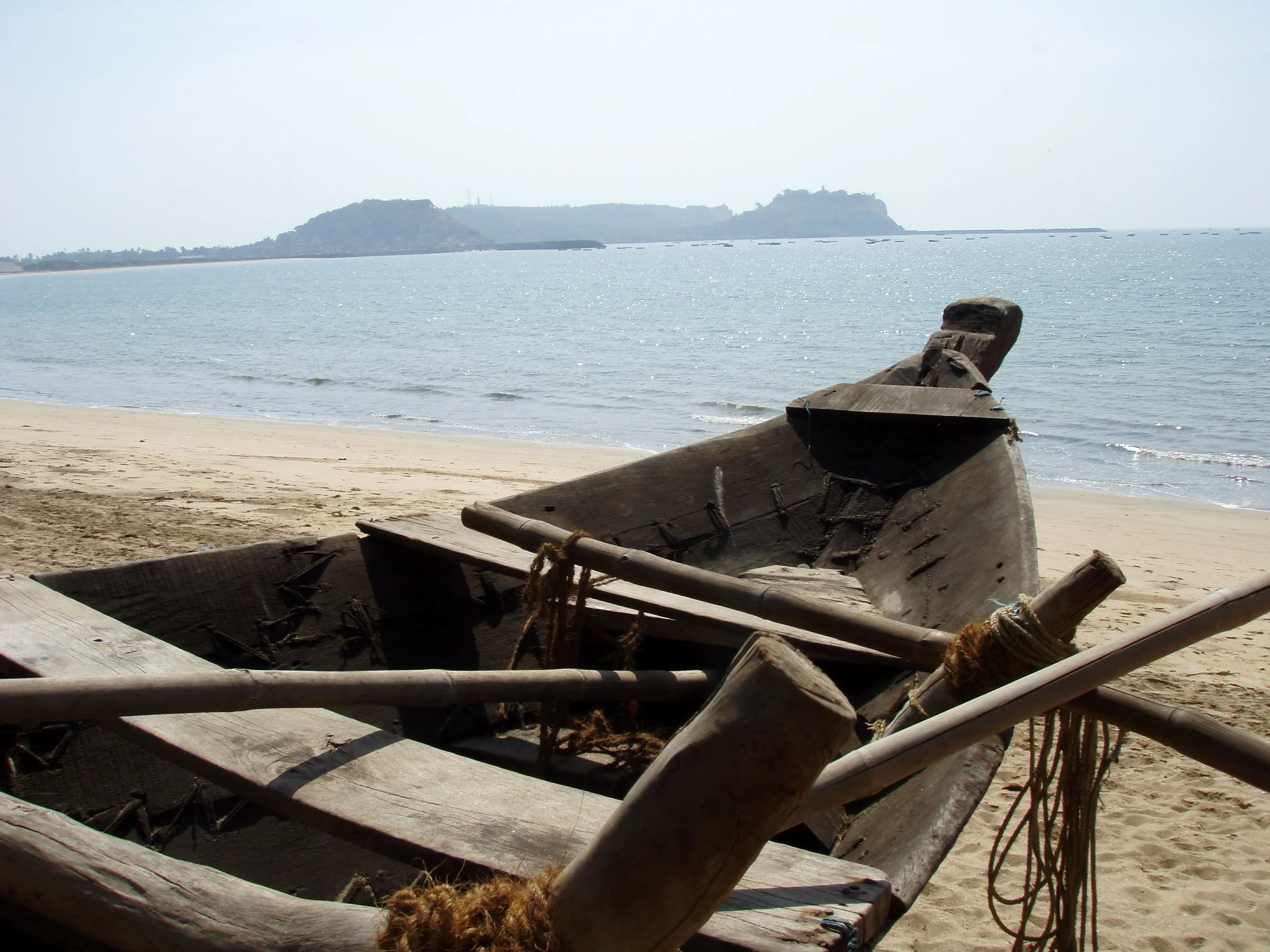
Climate Change Adaptation and Resilience
The coastal zone in Barbados is highly vulnerable to climate change and it is the role of the Coastal Zone Management Unit to manage it sustainably. In 2018, the unit realized that what it really needed was a climate change adaptation policy (informed by a high-level review of climate change modeling, hazard modeling, and vulnerability assessments). It was at this point that it turned to Resilient Coasts.
Barbados is known for its tropical climate, sandy beaches and fringing coral reefs. These valuable natural assets drive the flourishing tourism industry and indirectly benefit many other sectors, driving the country's economy. However, the coastal zone is vulnerable to the changing climate and its sustainable management is critical. Barbados’ Coastal Zone Management Unit (CZMU) is responsible for providing this management, but to do so more effectively it was necessary for it to develop a climate change adaptation policy. To do this, it turned to Resilient Coasts for some help.
Using its expertise in integrated coastal zone management, Resilient Coasts provided the CZMU with technical advice and reviews that informed the climate change adaptation strategy for Barbados. The deliverables were also incorporated into a Strategic Action Plan to improve the CZMU's impact on Marine Policy.
The project centered on disaster risk management and reduction. Inputs included a high-level review of climate change modeling, hazard modeling, mapping, and vulnerability assessments and all of these were published in the Strategic Action Plan. Novel, nature-based engineering options were at the heart of Resilient Coasts' input and because of this the CZMU policy makers are now more able to drive sustainable change.


